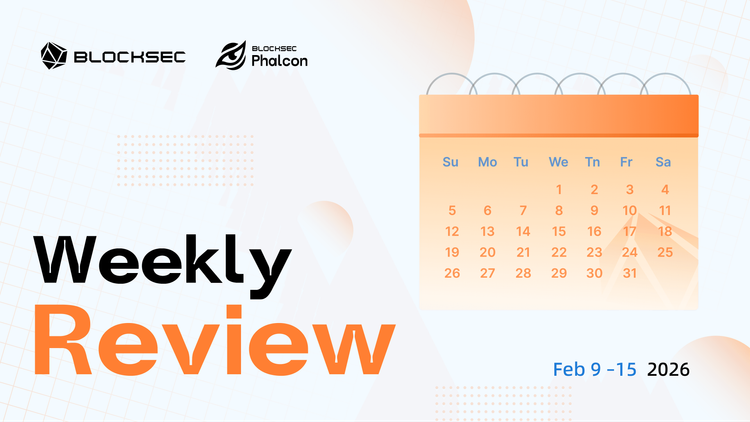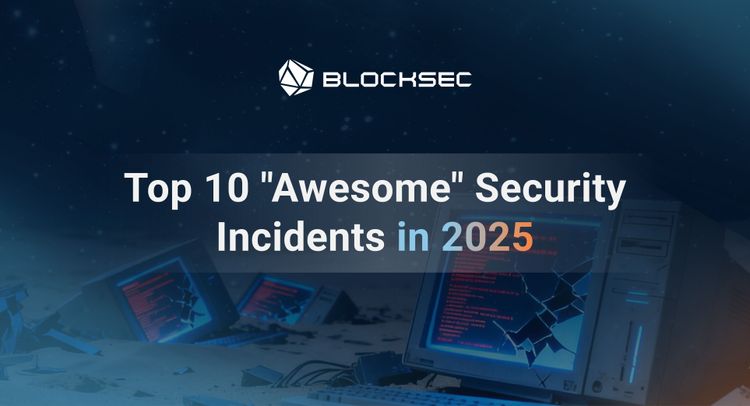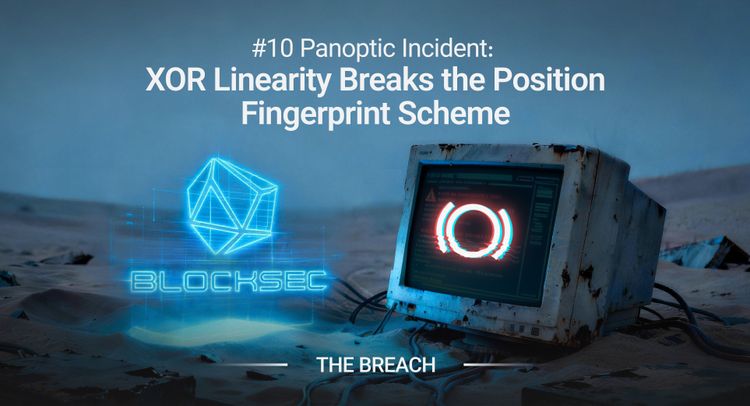Empowering Blockchain Security
The increasing importance of blockchain security cannot be overstated, especially with the surge in decentralized finance (DeFi) and non-fungible tokens (NFTs). Smart contract auditors play a pivotal role in ensuring the security of blockchain applications by meticulously reviewing and identifying potential vulnerabilities. As the demand for blockchain technology continues to grow, there is a rising need for skilled smart contract auditors who possess expertise in programming fundamentals, Ethereum, DeFi protocols, and security best practices. According to Patrick Collin, a prominent blockchain educator, acquiring proficiency in Solidity and Web3 development is crucial for individuals aspiring to become smart contract auditors.
Prerequisites for Smart Contract Auditors
Becoming a proficient smart contract auditor requires a diverse skill set and deep understanding of blockchain technology. Technical knowledge and skills form the foundation, encompassing programming fundamentals, Web3 basics, Ethereum protocols, and proficiency in Solidity/Vyper. Additionally, auditors must grasp the intricacies of decentralized finance (DeFi) and financial basics to effectively audit DeFi projects and understand their underlying protocols. Practical experience is invaluable; participating in bug bounties and competitive auditing contests provides real-world exposure to various smart contracts and security postmortems. Continuous learning is essential, as it involves staying updated with security trends, knowing when to stop looking for bugs, and using the right tools.
Role and Impact of Smart Contract Auditors
Smart contract auditors play a critical role in identifying security vulnerabilities and errors within blockchain applications, thereby preventing potential financial losses and data breaches. With almost $3 billion lost to crypto theft in 2021, and approximately 69% of DeFi hacks attributed to smart contract vulnerabilities, the need for meticulous auditing is evident.
In the blockchain industry, there is an increasing demand for auditors, particularly within the Ethereum ecosystem. Their role is crucial in ensuring the security and integrity of protocols, especially with the rising adoption of decentralized applications and DeFi platforms. Furthermore, auditors are vital components in the Web3 ecosystem as they ensure the security, reliability, and trustworthiness of smart contracts. By reducing the risk of hacks, security breaches, and financial losses, auditors contribute significantly to maintaining the integrity of blockchain-based applications.
According to Secureum, a smart contract security expert, understanding key features of Solidity is essential for auditors. Solidity 101 provides valuable insights into gas optimization and other critical aspects that are integral to auditing smart contracts.
Career Prospects for Smart Contract Auditors
Smart contract auditing presents lucrative career opportunities within the blockchain industry, with high demand for skilled Ethereum auditors. According to statistics, junior auditors typically earn around $100 per hour, while experienced auditors can command between $100 to $250 per hour. Top auditors have the potential to earn an impressive $250 to $1000 per hour. Compensation can be fixed or skill-based, reflecting the value placed on expertise and experience in this field.
Furthermore, smart contract auditors play an essential role in preventing the loss of user assets in decentralized finance (DeFi) and non-fungible token (NFT) contexts. By contributing to the integrity and security of blockchain-based applications, auditors help safeguard user assets from potential vulnerabilities and attacks. Practical experiences such as participating in Capture The Flag (CTF) challenges or war games like Damn Vulnerable DeFi and Ethernaut provide aspiring auditors with hands-on experience that is invaluable for their careers.
Continuous Learning and Development
Continuous learning and development are essential for smart contract auditors to stay ahead in the rapidly evolving blockchain landscape. Technical proficiency is a combination of deep technical knowledge and hands-on experience, emphasizing the importance of continuous learning and skill development. With the scale of cryptocurrency threats consistently growing, almost $3 billion was lost to crypto theft in 2021, highlighting the critical need for auditors to continuously enhance their skills and stay updated with the latest security trends.
Real-world experience plays a pivotal role in gaining practical skills necessary for auditing smart contracts. Bug bounties and audit contests provide auditors with invaluable hands-on experience, allowing them to apply their knowledge in real-world scenarios. Additionally, staying updated with security trends and best practices is crucial for auditors to adapt to new challenges and emerging threats within the blockchain ecosystem.
Elevating Blockchain Security Through Auditing
Smart contract auditors play a pivotal role in enhancing blockchain security by meticulously identifying vulnerabilities and ensuring the reliability and trustworthiness of blockchain applications. With about 6% of Total Value Locked (TVL) in DeFi being hacked in 2022, as reported by the Crypto Crime Report by Chainalysis, the need for skilled auditors is more critical than ever. Their continuous efforts are essential to safeguarding user assets and maintaining the integrity of decentralized finance platforms.




